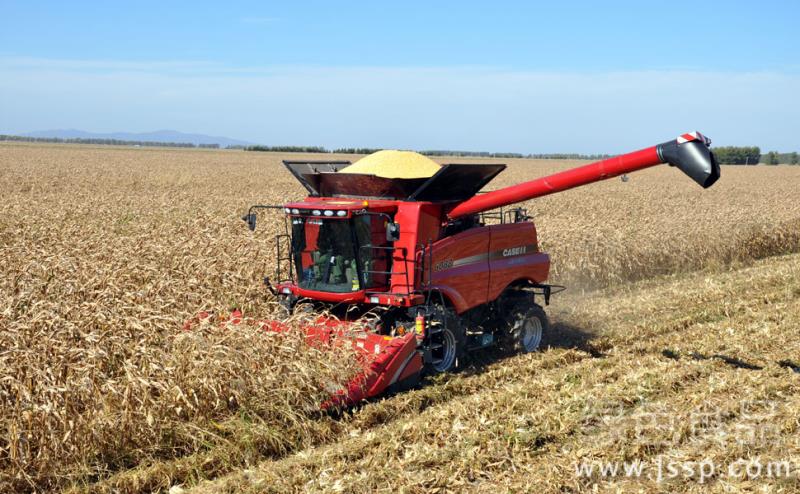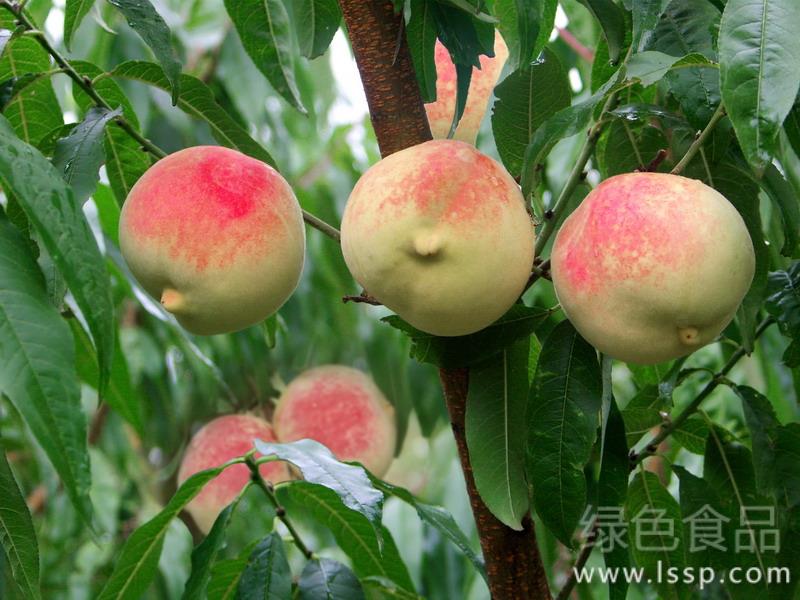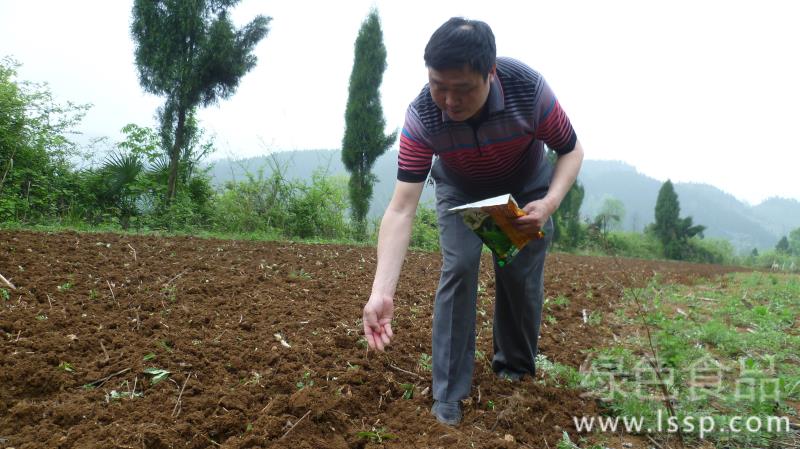Guarantee of high yield and bumper harvest key points of mechanized harvesting technology of corn

Mechanized harvesting
Corn is the second largest crop in agricultural production in the reclamation area. Corn mechanization harvesting technology is an important link in the whole process of mechanization of corn production and an important guarantee for high yield and harvest of corn.
This year, the planting area of corn in the reclamation area is more than 10 million mu. Due to the rainy and low temperature in spring and the influence of periodic drought, wind disaster and hail disaster in summer in some areas, the growth period of corn has been postponed. In addition, it is necessary to implement soil preparation and fertilization in autumn. Therefore, the autumn corn harvest time is tight, the task is heavy, and the pressure is great. Therefore, farmers should classify according to the corn growth and maturity, adopt a variety of harvest methods, and make a good autumn harvest plan.
I. Corn harvest period
Corn should be harvested timely, so that the residual nutrients in the stalk can be transported to the grain, so as to give full play to the role of post-ripening, increase yield, improve quality and improve quality. Generally, it should be harvested after the mature period. The main characteristics of maize maturity are that the leaves turn yellow, the bracts are white, soft and divergent, the black layer appears at the base of the grain, the grain milk line disappears and hardens, and presents the inherent grain shape and color of this variety. The harvest usually begins around October 1.
II. Harvesting methods
1. Stand and dry the stalks and harvest them directly by machine.
For some plots with precocious varieties, because this kind of corn has the characteristics of early maturity and rapid dehydration, when the grain moisture is less than 25%, it can be harvested directly by corn combine harvester to reduce the pressure of drying management and storage.
Stand stalk peeling and drying, this method can speed up dehydration, reduce moisture by 3%-6%, increase maturity, increase 100-grain weight, and increase yield by 5%-7% per mu. Standing stalk peeling and drying time should be timely, neither too early, nor too late, prematurely affect filling and reduce yield; after the party, the significance of standing stalk peeling is lost, and the best time is in the early ripening stage, when the grain forms a hard cover, the method is to remove the bracts and leaves by hand, all the grains are exposed to the outside, receive light and dry fully, but when peeling and drying, do not exert too hard to avoid breaking the stalk and causing loss.
2. Mechanical pick-up and sectional harvesting
For the middle and late-maturing varieties and late-sowing and late-maturing plots, the corn grain moisture is generally more than 30%, and the harvesting method of mechanical picking and drying should be adopted, and mechanical threshing should be used when the corn ear grain moisture drops below 25%.
3. Mechanical cutting and drying, mechanical pick-up
For the plots with high lodging rate, it is suitable to harvest by mechanical cutting and picking. After the corn is cut down, put it in a small shop, and the suitable grain moisture content for cutting and drying is 30%-32%, but do not use cutting and sun harvesting technology in years with more autumn rain.
III. Matters needing attention in harvest
The main results are as follows: 1. Half a month before harvest, we should make a good field investigation and work out the operation plan in advance according to the maturity, lodging degree, planting density and row spacing, ear sag, minimum ear height and so on.
2. 5 days in advance, the ditches in the field should be leveled, and obvious signs should be set up on non-obvious obstacles such as wells and pole cables, so as to facilitate safe operation.
3. The harvester is overhauled. The trial harvest should be carried out before the operation, and the machines and tools should be adjusted to meet the agronomic requirements before putting into formal operation. The corn combine harvester is harvested in opposite rows, and its cutting path should be aimed at the corn row in order to reduce the loss of ear loss.
4. Before mechanical operation, the gap of ear picking roller (or ear picking board) should be properly adjusted to reduce grain fragmentation; in operation, pay attention to the fluency in the process of ear lifting, so as to avoid being stuck and clogged; observe the full degree of the ear box at any time and dump the ear in time to avoid overflow after the fruit is full or blockage when unloading grain.
5. Correctly adjust the working height of the straw returning machine to ensure that the stubble height is less than 10 cm, so as to avoid the damage of the returning tool due to soil breaking.
6. When installing the stubble remover, the depth of the stubble cutter should be ensured, and the depth of stubble removal should be consistent to ensure the operation quality.
- Prev

Winter management techniques of winter peach to fill the gap of fresh fruit in winter
Winter management techniques of winter peach to fill the gap of fresh fruit in winter
- Next

The sowing method is very important. Several key points of corn sowing technology.
The sowing method is very important. Several key points of corn sowing technology.
Related
- Fuxing push coffee new agricultural production and marketing class: lack of small-scale processing plants
- Jujube rice field leisure farm deep ploughing Yilan for five years to create a space for organic food and play
- Nongyu Farm-A trial of organic papaya for brave women with advanced technology
- Four points for attention in the prevention and control of diseases and insect pests of edible fungi
- How to add nutrient solution to Edible Fungi
- Is there any good way to control edible fungus mites?
- Open Inoculation Technology of Edible Fungi
- Is there any clever way to use fertilizer for edible fungus in winter?
- What agents are used to kill the pathogens of edible fungi in the mushroom shed?
- Rapid drying of Edible Fungi

